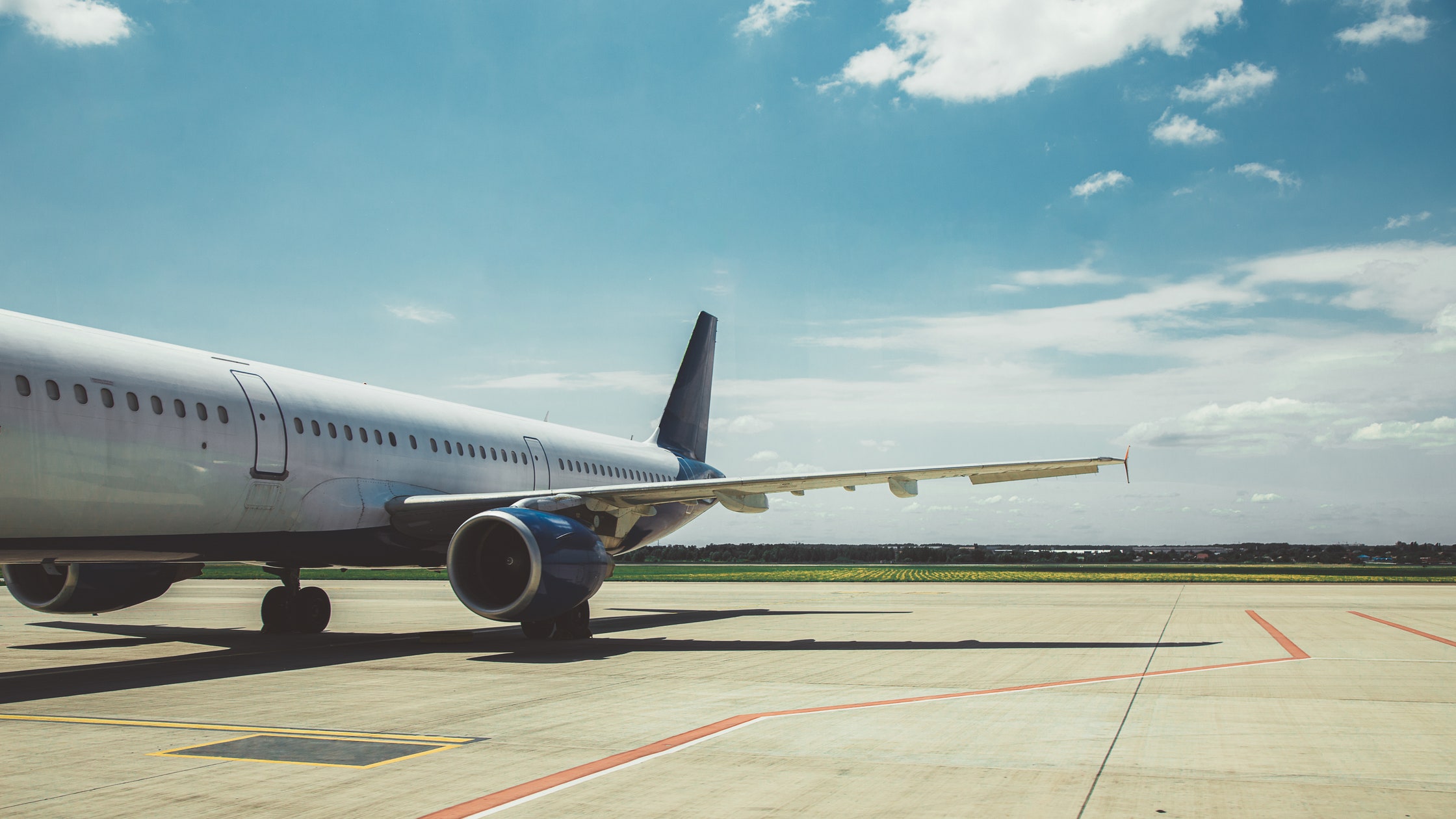The Impact of Airline Travel on Global Warming
24 May 2023

Did you know that, on average, the aviation industry is responsible for about 5 percent of global warming? Flying has long been recognized as one of the worst forms of transport for the environment, and there are substantial reasons for this concern. According to reports, approximately 2.4 percent of global CO2 emissions come from aviation. In combination with other greenhouse gases and the water vapor trails produced by aircraft, the sector contributes to around 5 percent of global warming.
Efforts in the Aviation Sector to Combat Environmental Impact
Over the years, airlines have made considerable efforts to address their environmental footprint. The global aviation industry is working towards achieving net-zero emissions by 2050 and many airlines are actively exploring the use of sustainable fuels, carbon offsetting, and low-emission technologies, such as electric and hydrogen-powered aircraft.
- British Airways has invested in a new aircraft fleet that is up to 40 percent more efficient than previous models. They are also collaborating with companies to develop sustainable aviation fuel and carbon capture technology.
- EasyJet has set an ambitious interim target of improving carbon emissions by 35 percent by 2035, notably working with Rolls-Royce on developing hydrogen combustion engine technology to power aircraft.
Government Actions to Support Sustainability in Travel
Recent developments from governments across the European Union further emphasize the commitment to sustainable travel. On May 23, 2023, the French government announced a ban on domestic short-haul flights for routes where train alternatives exist and can be accessed within two-and-a-half hours. Consequently, air travel between Paris and other major French cities, such as Bordeaux, Lyon, and Nantes, will be discontinued, excluding connecting flights.
Evaluating the Environmental Impact of the Flight Ban
This significant move is anticipated to reduce the carbon impact of the aviation industry in France. Yet, experts predict that the new legislation could eliminate only about 12 percent of French domestic flights. The Paris-Toulouse and Paris-Nice routes are among the busiest within the EU, so one might assume that the flight ban will considerably lower carbon emissions. However, due to exemptions, including the continued operation of connecting flights, the anticipated climate impact is projected to be less than a 1 percent reduction in CO2 emissions within the French air transport sector.
A Step Towards Change
So, is this move beneficial? Industry experts suggest that while flying remains the largest contributor to carbon footprints, it is essential to acknowledge all successes, no matter the scale. Activist groups may argue that this policy change does not significantly alter the landscape, but it sends a vital message that we should opt for lower-carbon alternatives whenever feasible.
In the end, large announcements like these indicate a desire for change within the aviation sector. While all improvements and adaptations in aviation should be recognized, it is crucial to remain aware that there are currently no definitive net-zero solutions that render flying completely guilt-free.




